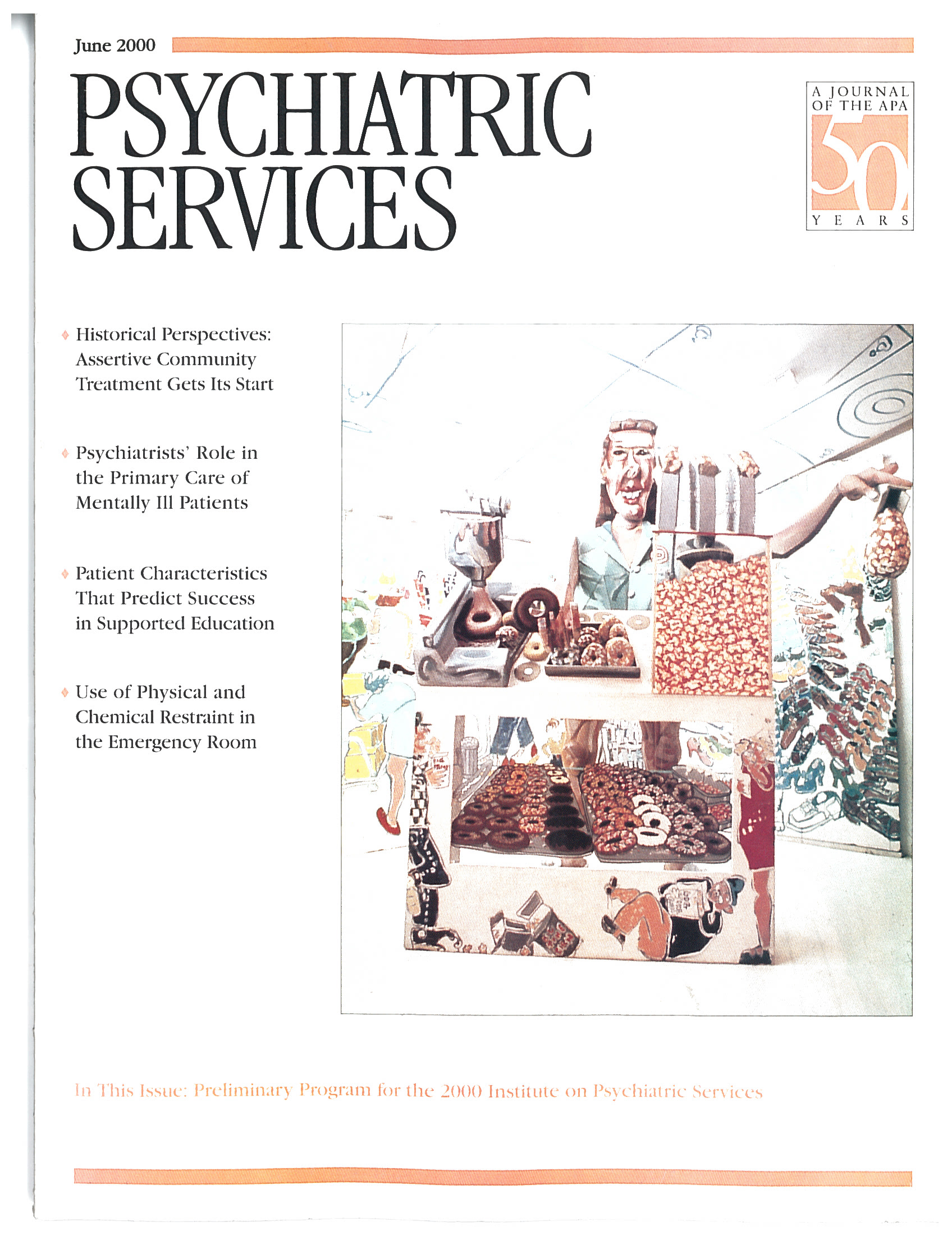To the Editor: As an attorney whose practice is limited to psychiatric and psychological malpractice, I read with interest Dr. Paul Appelbaum's discussion (
1) in the January 2000 issue of the effect, under current Illinois law, that a patient's negligent acts have on her psychiatrist's liability in the aftermath of the patient's suicide.
In Hobart v. Shin, the Illinois Supreme Court did not make it clear what negligence the patient was alleged to have committed. However, according to the Court of Appeals, Dr. Shin's position was that his patient was negligent in "willfully" taking her own life. The real question, therefore, is whether a patient's willful act of suicide can as a matter of law constitute an act of contributory negligence.
The holding by the Illinois Supreme Court that a patient's suicide can be an act of contributory negligence reflects a profound misunderstanding of well-established law. A patient can be contributorily negligent only for acts that occur either before or concurrent with the defendant's negligence. Because a patient's suicide almost always occurs after the defendant's negligence, it cannot constitute contributory negligence.
Of course, under some circumstances a patient can be contributorily negligent. If the patient lies to her psychiatrist (for example, about her prior history, her degree of compliance, or the existence of suicidal ideation), the patient will be contributorily negligent if the doctor can prove that the patient acted unreasonably in doing so and that the lie contributed to the patient's suicide.
In Hobart v. Shin, Dr. Shin's real —but hidden—argument was that his patient's willful act of suicide broke the causal chain between his own negligence and his patient's death. Under the law, an intervening act does not break the causal chain if the act was itself the reasonably foreseeable result of the negligence. For example, if you cause a wreck that sends someone else to a hospital where that individual receives negligent care, you are liable for the injuries caused by the wreck as well as any aggravation of those injuries that was caused by the physicians' malpractice. Ironically, the law presumes that medical malpractice is reasonably foreseeable. Because the additional injury is the reasonably foreseeable result of your negligent operation of a car, the physicians' negligence will not cut off your liability for the final result.
Because the plaintiff can't win unless she shows that the psychiatrist's negligence was the foreseeable cause of the suicide, the act of suicide can never be a superseding cause that frees the psychiatrist of liability.
Dr. Shin's attorneys were either brilliant or confused. Either way, they managed to sell what is really a causation issue to the Illinois Supreme Court under the rubric of contributory negligence—a doctrine that was clearly inapplicable. Unfortunately, the Illinois court bought it, producing an opinion that further confuses an already murky area of jurisprudence.

